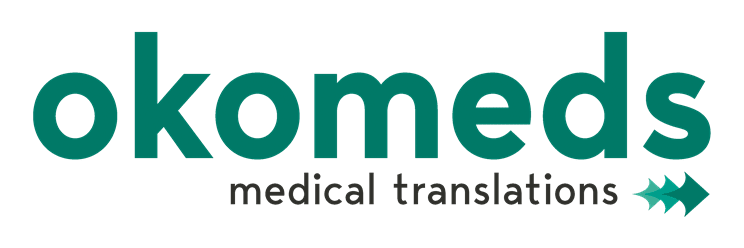
18 Oct The challenges involved in translating traditional Chinese medicine
You will no doubt already know that Traditional Chinese Medicine (TCM) is becoming more popular than ever in many parts of the world. This boom has a direct consequence not only for the growing number of publications, but also for the translation of traditional Chinese medicine, which plays a vital role in connecting cultures.
However, one of the features of the language of Chinese medicine is the use of terms that come from the philosophical works of ancient China and have no equivalents in Western languages. Therefore, while the translation of traditional Chinese medicine is necessary, it is also a challenge for translators.
What is Traditional Chinese Medicine?
According to the WHO, traditional medicine is the sum of knowledge and practices based on the theories and beliefs of different cultures that are used to maintain health, both physical and mental. TCM is a system based on the belief that the body’s vital energy flows along the channels of the body and keeps a person’s spiritual, emotional, mental and physical health in balance.
Characteristics of the language of Traditional Chinese Medicine
The translation of TCM into the language of conventional medicine can be challenging, as some concepts do not have direct equivalents in Western languages. Philosophical thought exerts a strong influence on Chinese medicine, which may seem strange from the perspective of Western medicine which is more based on scientific evidence. The most important characteristics are:
- Abstraction: Chinese medical theory adopts philosophical concepts that make the language of Chinese medicine more abstract and diffuse.
- Brevity and conciseness. Most of these terms are composed of two or four Chinese characters that explain a set of interpretable content with a larger number of modern words.
- A literary style: it uses idioms and metaphors taken from classical Chinese works.
- Cultural terminology: Place names, proper names, concepts of Chinese philosophy and culture (dates and historical situations, customs, etc.) which often don’t have equivalents in other languages.
Communication purpose
Medical terminology is a set of words used by health professionals to communicate scientific knowledge. This means that its purpose is communicative, and that the translation must also achieve this same purpose. In other words, translators must treat Chinese medicine as a clinical science, not as philosophy. The translator must convey to the reader information about the scientific medicine of ancient China, but without neglecting the culture of ancient China either.
What are the solutions for the translation of traditional Chinese medicine?
Domestication: translators adhere to the core values of the target language culture. Thus, they translate the text into the source language using language that is precise, fluent and familiar to readers of the target language. This solution helps to better understand the target text but involves a loss of Chinese cultural references.
Foreignisation: the translator focuses on the source language and culture. This allows them to better achieve the purpose of cultural exchange and maintain a rich Chinese cultural connotation. The translated text preserves the cultural differences of the original and helps Western readers to understand their influence on the text. However, readers outside the original culture may have difficulties in understanding it.
An integrated future for medicine
The translation of TCM into conventional medicine is an evolving field that seeks to bring together two complementary approaches to health. As patients seek holistic and natural options, effective translation and integration of TCM into Western medicine may play an important role in the future of healthcare.
At our medical translation agency, we are at the forefront of the translation of traditional Chinese medicine. Do not hesitate to contact us if you need a translation. We will find the most suitable medical translator for your texts.






Sorry, the comment form is closed at this time.